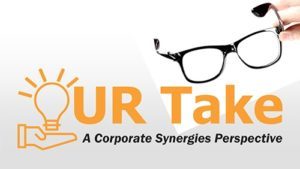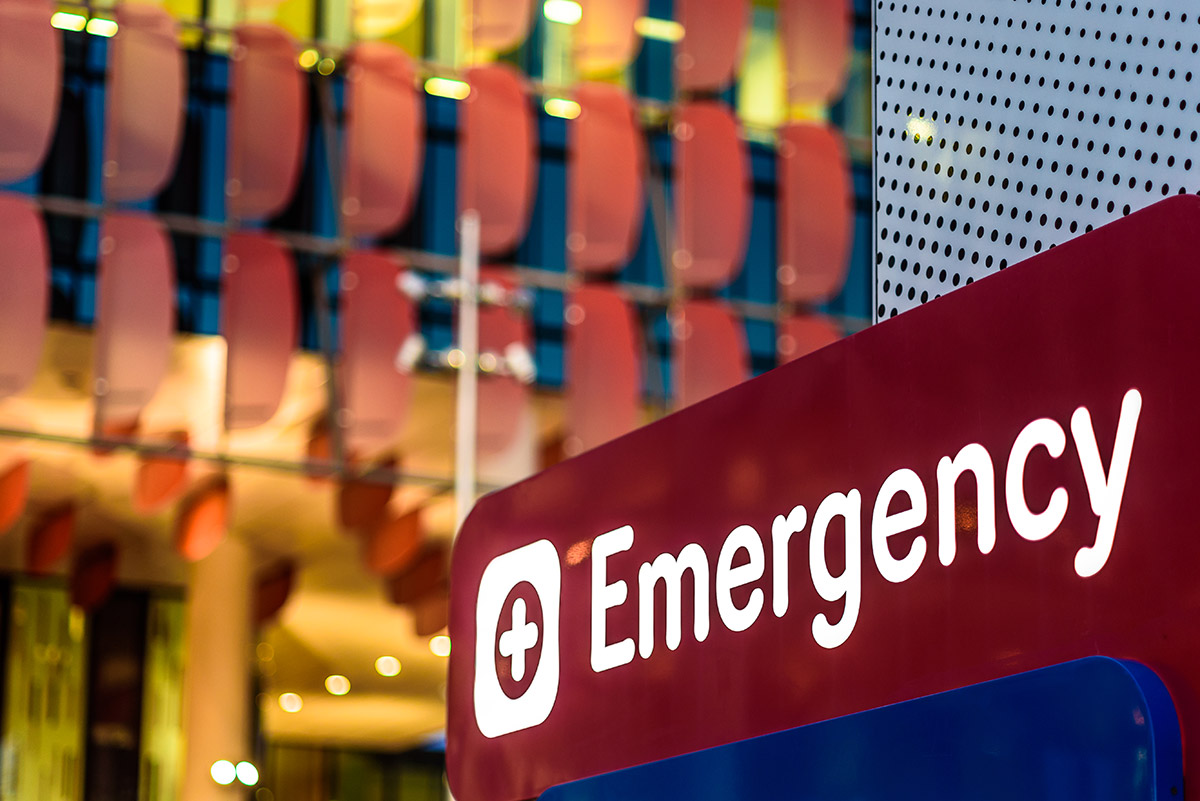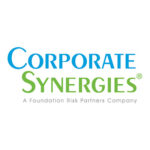 The U.S. Departments of Health and Human Services (HHS), Labor, and Treasury, and the Office of Personnel Management revealed a new surprise billing rule, the first of several to fulfill the “No Surprises Act.” Passed as part of the Consolidated Appropriations Act, 2021 in December 2020, the No Surprises Act was designed to prevent surprise medical bills and increase healthcare price transparency in both group and individual health plans. This first interim final rule aims to restrict surprise billing related to “emergency care, non-emergency care from out-of-network providers at in-network facilities, and air ambulance services from out-of-network providers.”1
The U.S. Departments of Health and Human Services (HHS), Labor, and Treasury, and the Office of Personnel Management revealed a new surprise billing rule, the first of several to fulfill the “No Surprises Act.” Passed as part of the Consolidated Appropriations Act, 2021 in December 2020, the No Surprises Act was designed to prevent surprise medical bills and increase healthcare price transparency in both group and individual health plans. This first interim final rule aims to restrict surprise billing related to “emergency care, non-emergency care from out-of-network providers at in-network facilities, and air ambulance services from out-of-network providers.”1
“Surprise” medical bills occur when a consumer is billed for a service that they thought was covered, often when they unknowingly receive services from an out-of-network provider. This happens even when a savvy healthcare consumer attends an in-network facility, but during the procedure or follow-up care, is tended to by an out-of-network provider without consent.
Americans are undeniably concerned over medical bills—67% of adults reported worrying about unexpected medical bills and 33% of insured adults reported receiving a bill for a service they thought was covered.2 One nationwide analysis found that 16% of in-network inpatient admissions result in at least one out-of-network charge. For some states, this average was even higher: New York (33%), New Jersey (29%), Texas (27%), and Florida (24%).3 A dedicated employee advocacy team can help participants understand and resolve claims issues like these.
The new rule: 4
- Bans surprise billing for emergency services. Emergency services, regardless of where they are provided, must be treated on an in-network basis without requirements for prior authorization.
- Bans high out-of-network cost-sharing for emergency and non-emergency services (with some exceptions). Patient cost-sharing, such as co-insurance or a deductible, cannot be higher than if such services were provided by an in-network doctor, and any coinsurance or deductible must be based on in-network provider rates.
- Bans out-of-network charges for ancillary care (like an anesthesiologist or assistant surgeon) at an in-network facility in all circumstances.
- Bans other out-of-network charges without advance notice. Health care providers and facilities must provide patients with a plain-language consumer notice explaining that patient consent is required to receive care on an out-of-network basis before that provider can bill at the higher out-of-network rate.
The new surprise billing rule also establishes time frames for settling billing disputes.
The rule establishes time frames for initial payment/notice of denial (within 30 days of a bill being submitted), making a final benefit determination and payment (with 30 days of initial response), payment negotiations and initiating the independent dispute resolution process.
While these new protections look to benefit consumers, ERISA attorney and Corporate Synergies’ Senior Vice President of Compliance Dan Kuperstein sees benefits for employers and plan sponsors as well. “The new rule will help employers and plan sponsors from a practical standpoint by creating an organized, methodical system for handling billing disputes between insurers and out-of-network healthcare providers,” said Kuperstein. “Currently, employers and plan sponsors often find themselves stuck in the middle of complicated disputes between healthcare providers, insurers and participants, and in some cases, these disputes can result in costly and time-consuming litigation.”
Plan sponsors will have until plan years beginning on or after January 1, 2022 to make sure that their plans comply with these new rules, but given that much of the heavy lifting necessary to implement these changes will be done by insurance carriers, third-party administrators (TPAs) and healthcare providers, employers and plan sponsors should work closely with their carrier and TPA partners to ensure that their plans are taking the appropriate steps to ensure compliance and lower the number of surprise medical bills.
1 Centers for Medicare and Medicaid Services, “Data Note: Public Worries about and Experience with Surprise Medical Bills”
2 Kaiser Family Foundation, “Data Note: Public Worries about and Experience with Surprise Medical Bills”
3 Peterson-KFF Health System Tracker, “An Examination of Surprise Medical Bills and Proposals to Protect Consumers from Them”
4 U.S. Departments of Health and Human Services, “HHS Announces Rule to Protect Consumers from Surprise Medical Bills”







